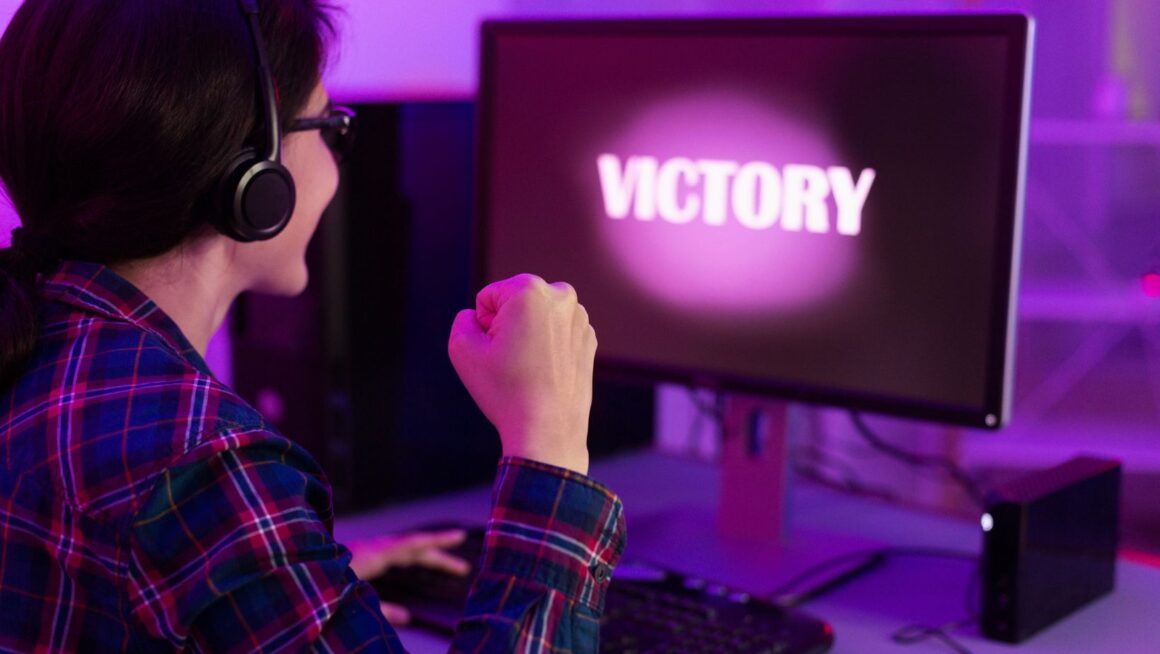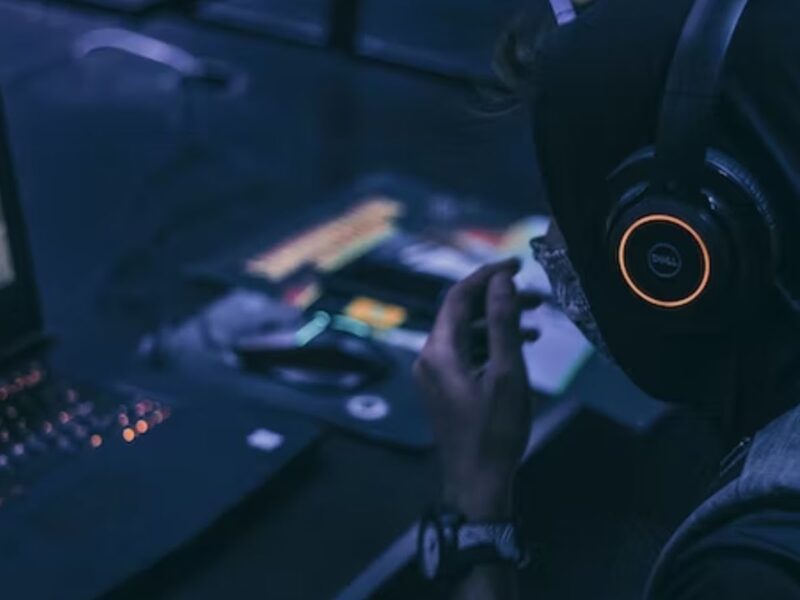Table of Contents
In the world of competitive gaming, where split-second decisions can mean the difference between victory and defeat, mental fortitude and the right mindset play an integral role in a player’s performance. The psychological aspects of competitive gaming are often overlooked but are essential for success. In addition, this is also important in areas related to eSports, such as gambling. When playing, for example, on csgo gambling sites, carefully monitor your emotional state and mood. Don’t let your emotions take precedence over cold calculations and a sober mind.
In this article, we will explore the psychology of competitive gaming, focusing on the competitive mindset, handling pressure and nerves, the importance of focus and concentration, and the significance of team dynamics and communication.
The Competitive Mindset
A competitive mindset is the foundation upon which a successful esports player builds their career. It encompasses a wide range of mental attributes that allow players to excel in high-pressure situations.
1. Goal Setting: Setting clear and achievable goals is a fundamental aspect of a competitive mindset. Players need to know what they are working towards, whether it’s improving their rank, winning a tournament, or mastering a specific skill.
2. Resilience: Esports, like traditional sports, can be emotionally challenging. Players must be resilient in the face of losses, criticism, and setbacks. Maintaining composure and bouncing back from defeats is key.
3. Self-Discipline: Discipline is essential for practice and improvement. A competitive player needs to have the discipline to follow a training regimen, evaluate their performance, and work on weaknesses.

4. Adaptability: The gaming landscape is constantly evolving, with new patches, updates, and meta changes. Players with a competitive mindset embrace adaptability, quickly learning and adapting to new conditions.
Handling Pressure and Nerves
Competitive gaming often puts players in high-pressure situations, which can lead to nerves and anxiety. Learning to manage these pressures is crucial for consistent performance.
1. Pre-Game Rituals: Many players develop pre-game rituals to calm their nerves and get into the right mindset. These rituals can include deep breathing, meditation, or listening to specific music.
2. Visualization: Visualization is a powerful technique used by athletes in various sports. Players mentally rehearse their gameplay, visualizing their success and strategies to enhance confidence.
3. Mindfulness: Mindfulness techniques, such as staying present in the moment and focusing on the task at hand, help players control anxiety and maintain focus during matches.
4. Experience: Over time, experience helps players become more comfortable with high-pressure situations. The more they compete, the better they become at managing their nerves.
Focus and Concentration
Focus and concentration are arguably the most critical aspects of competitive gaming psychology. In a fast-paced environment where every move counts, distractions can be detrimental.
1. Eliminating Distractions: Players must create an environment free from distractions. This means turning off notifications, having a clutter-free workspace, and ensuring a quiet atmosphere for concentration.
2. Mental Endurance: Competitive gaming requires intense mental endurance. Prolonged focus during long matches and tournaments can be draining, and players must build their mental stamina over time.
3. Positive Self-Talk: Negative self-talk can hinder performance. A competitive player must practice positive self-talk to maintain confidence and motivation.

4. Tunnel Vision: Staying focused on the immediate task at hand is crucial. In team-based games, players must balance monitoring their own performance with tracking the overall match situation.
Team Dynamics and Communication
Esports often involve team-based gameplay, which places an additional layer of complexity on the psychology of competition. Effective communication and team dynamics are vital for success.
1. Communication Skills: Players must develop effective communication skills. This involves clear and concise callouts, coordination, and the ability to convey information under pressure.
2. Trust and Collaboration: Trust in teammates is essential. Players must believe in their teammates’ abilities and collaborate seamlessly to execute strategies.
3. Leadership and Role Clarity: Teams benefit from strong leadership and clear role definitions. Leaders help maintain focus and make critical in-game decisions, while defined roles ensure everyone knows their responsibilities.
4. Conflict Resolution: Conflicts can arise within teams, and it’s essential to address and resolve these issues constructively. A harmonious team environment is conducive to optimal performance.
Conclusion
The psychology of competitive gaming is a multifaceted realm that extends far beyond simply playing the game. A competitive mindset, resilience, adaptability, and self-discipline form the bedrock of a player’s success. Handling pressure and nerves through pre-game rituals, visualization, and mindfulness can mean the difference between victory and defeat.
Focus and concentration are paramount, with the need to eliminate distractions, build mental endurance, maintain positive self-talk, and keep tunnel vision on the game. In team-based esports, effective communication, trust, collaboration, and role clarity are the building blocks of success.
In the rapidly growing world of competitive gaming, players and teams that master the psychological aspects of the sport gain a significant advantage. The intersection of skill and mindset is where champions are made, and it’s the players who understand the psychology of competitive gaming who will rise to the top of the esports world.






